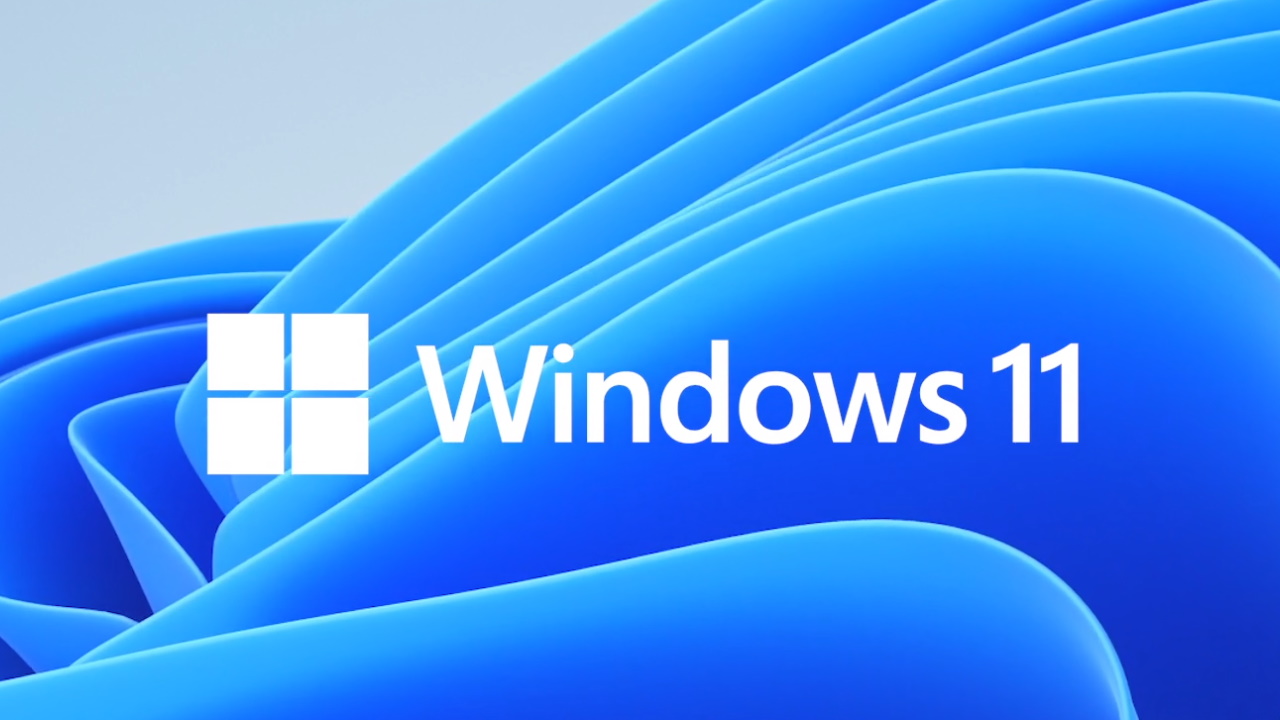Windows 11 preview update will break Microsoft Store apps
It doesn't play nice with apps using the .NET Framework 3.5

Windows 11 users may want to hold off on one of the more recent preview updates which is causing problems for .NET Framework 3.5 applications. Thankfully there are some workarounds for the issue, but for now your best bet is to probably avoid the KB5012643 preview for now.
Microsoft acknowledged the issue (via BleepingComputer) in a status update on the official Windows 11 documents. It states the issue is limited to users running version 21H2 of Windows 11 with the KB5012643 update installed and means apps using the .NET Framework 3.5 may not work properly, or even just straight up fail to open.
This seems to be affecting specific components in the framework, so not all apps will be affected. It looks like apps working with optional features like Windows Communication and Windows Workflow Foundation on the 3.5 framework are the most likely to run into problems.
This can include a lot of console apps and things like Windows services. Microsoft hasn't provided a list of specific apps affected, so it's best to assume this can affect a wide range of programs.

Windows 11 review: What we think of the new OS
How to install Windows 11: Safe and secure install
What you need to know before upgrading: Things to note before downloading the latest OS
Windows 11 TPM requirements: Microsoft's strict security policy
Microsoft recommends uninstalling the update if you experience any problems. You can get there by going into your Windows Update Settings in your PC's System Settings. From there you should be able to view your update history, and rollback to a previous version.
If this isn't possible, the other fix is to re-enable .NET Framework 3.5 and the Windows Communication Foundation in Windows Features which is found via the control panel. Microsoft has further instructions on how to do this, but the roll back is probably the easiest and more complete fix if it's available to you. At least that 40 minute boot time bug has been fixed.
Of course, Microsoft is working to resolve this issue as opposed to just offering workarounds. The .NET Framework 3.5 is set to be given main support for two more years now, with five years of extended support to follow, so it's not going anywhere anytime soon.
Keep up to date with the most important stories and the best deals, as picked by the PC Gamer team.

Hope’s been writing about games for about a decade, starting out way back when on the Australian Nintendo fan site Vooks.net. Since then, she’s talked far too much about games and tech for publications such as Techlife, Byteside, IGN, and GameSpot. Of course there’s also here at PC Gamer, where she gets to indulge her inner hardware nerd with news and reviews. You can usually find Hope fawning over some art, tech, or likely a wonderful combination of them both and where relevant she’ll share them with you here. When she’s not writing about the amazing creations of others, she’s working on what she hopes will one day be her own. You can find her fictional chill out ambient far future sci-fi radio show/album/listening experience podcast right here. No, she’s not kidding.

